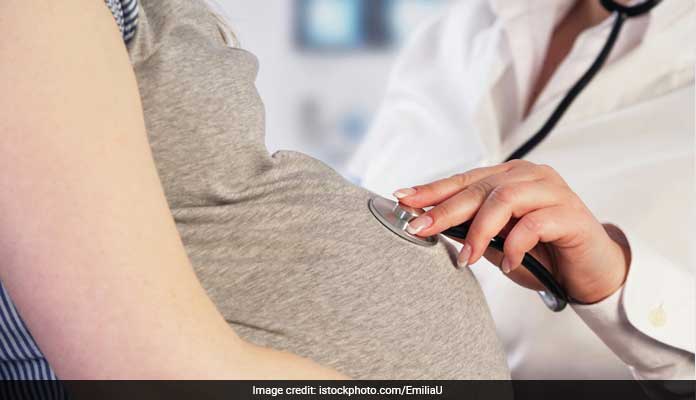A study has shown that low-dose of aspirin can reduce the risk of pre-eclampsia in pregnant women by 82 % if taken in the first trimester

Aspirin cut the risk of Pre-eclampsia
HIGHLIGHTS
- Preeclampsia is characterized by sudden increase in blood pressure
- A dose of 150 mg per day can reduce the risk of the disease by 82 %.
- WHO already recommends the intake of aspirin to prevent any complication
A recent study has shown that taking a low-dose of aspirin in the first trimester of pregnancy can reduce the risk of a dangerous complication called Pre-eclampsia. This disorder is characterized by sudden increase in blood pressure which can cause pre-mature birth and severely affects the baby's health. Medical Research centres all the world have responded positively towards this new study and have advised the would-be mothers to take aspirin in low-dose to prevent Pre-eclampsia.
Dynamics of the Study
The study was conducted among a group of pregnant women who were given a dose of 150 mg per day from between 11 to 14 weeks of pregnancy up until 36 weeks. Pre-term preeclampsia occurred in 13 women (1.6 %) in the aspirin group, compared to 35 (4.3 % ) in the placebo group. A yet another analysis was conducted to quantitatively investigate the adequate amount of aspirin intake. It concluded that a dose of 150 mg per day from between 11 to 14 weeks of pregnancy up until 36 weeks can reduce the risk of the disease by 82 %.
Preeclampsia occurs when the blood pressure increases which often causes blockages in the placenta. It also raises the amount of protein in the urine affecting the health of the foetus. Pre-eclampsia also results in swollen feet, face and ankles and severe headaches which usually lasts for long if not treated on time.
Recommended Widely
The study has prompted doctors, health experts and researchers to prescribe low-dose aspirin to women at the risk of this deadly pregnancy complication. "The results show that aspirin can prevent preeclampsia in high risk pregnancies. I hope that will alter clinical practice and improve pregnancy outcomes for mothers and their babies." says Professor David Wright from the University of Exeter Medical school.
Kypros Nicolaides, Professor at King's College London, hailed the study and said that the study is definitive proof that women can take simple measures in the first trimester of pregnancy to significantly reduce their chances of developing pre-term preeclampsia.
Moreover, the World Health Organisation already recommends the intake of aspirin to prevent any complication in mothers and their babies. WHO has advised moms-to-be to start taking the dose before 20 weeks of pregnancy.
DoctorNDTV is the one stop site for all your health needs providing the most credible health information, health news and tips with expert advice on healthy living, diet plans, informative videos etc. You can get the most relevant and accurate info you need about health problems like diabetes, cancer, pregnancy, HIV and AIDS, weight loss and many other lifestyle diseases. We have a panel of over 350 experts who help us develop content by giving their valuable inputs and bringing to us the latest in the world of healthcare.














